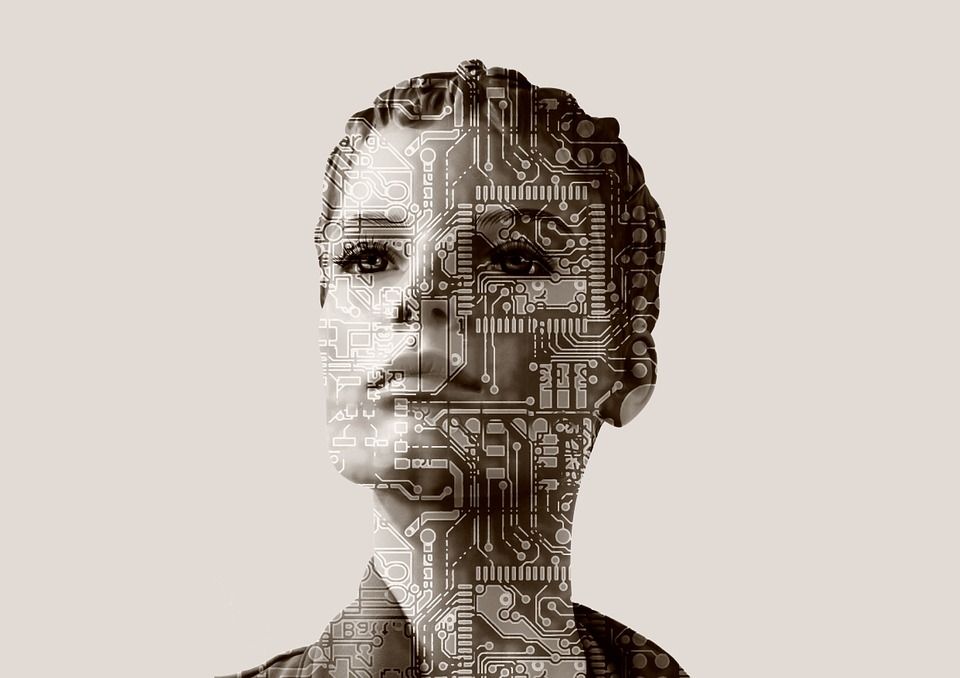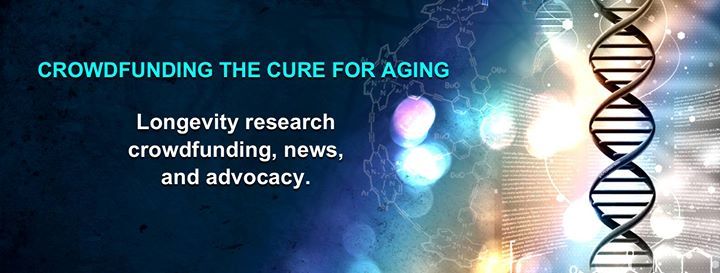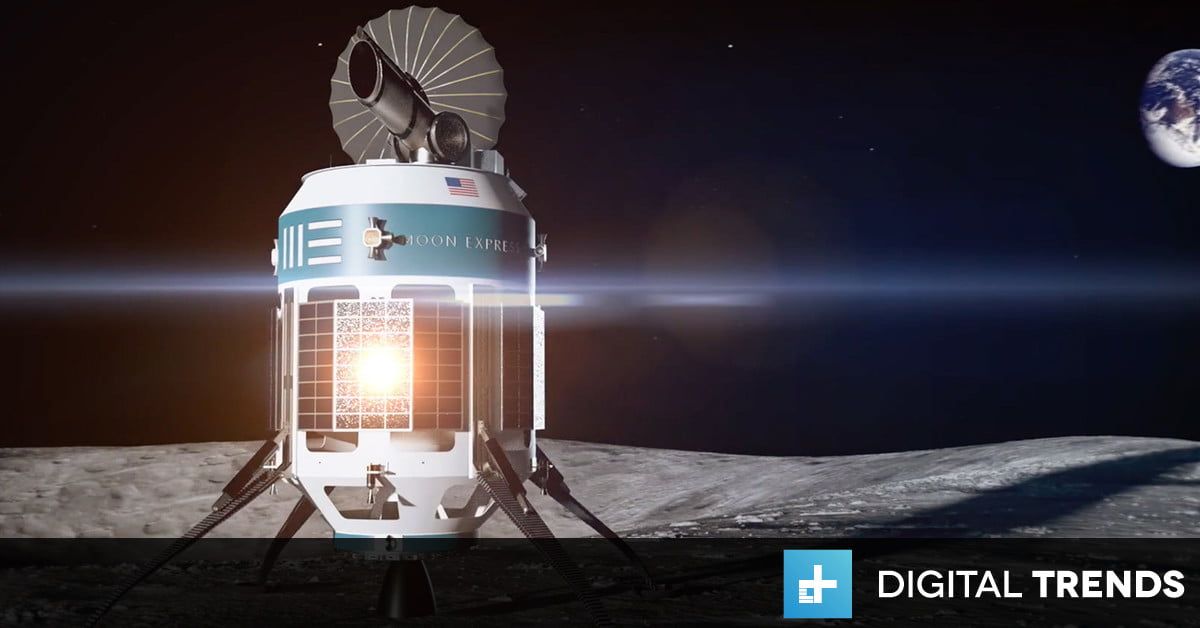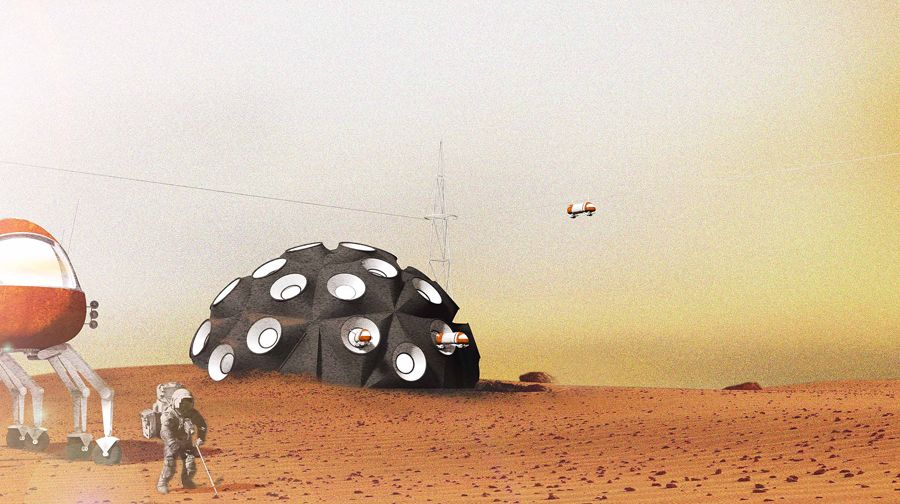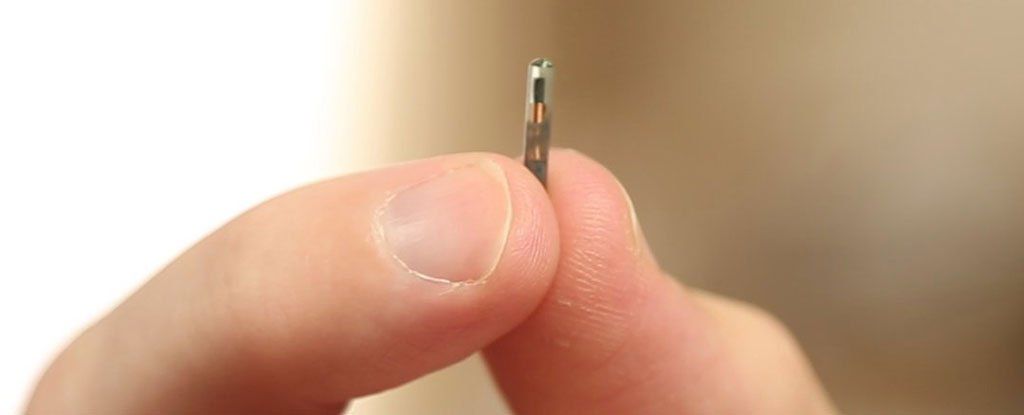Jul 25, 2017
Is anyone home? A way to find out if AI has become self-aware
Posted by Sean Brazell in category: robotics/AI
By Susan Schneider, PhD, and Edwin Turner, PhD
Every moment of your waking life and whenever you dream, you have the distinct inner feeling of being “you.” When you see the warm hues of a sunrise, smell the aroma of morning coffee or mull over a new idea, you are having conscious experience. But could an artificial intelligence (AI) ever have experience, like some of the androids depicted in Westworld or the synthetic beings in Blade Runner?
Continue reading “Is anyone home? A way to find out if AI has become self-aware” »
